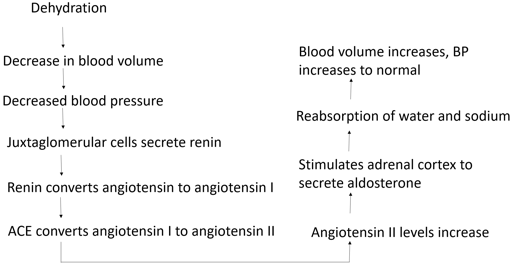Clinical Enzymology MCQs
Welcome to our comprehensive collection of Multiple Choice Questions (MCQs) on Clinical Enzymology, a fundamental topic in the field of Enzyme Technology. Whether you're preparing for competitive exams, honing your problem-solving skills, or simply looking to enhance your abilities in this field, our Clinical Enzymology MCQs are designed to help you grasp the core concepts and excel in solving problems.
In this section, you'll find a wide range of Clinical Enzymology mcq questions that explore various aspects of Clinical Enzymology problems. Each MCQ is crafted to challenge your understanding of Clinical Enzymology principles, enabling you to refine your problem-solving techniques. Whether you're a student aiming to ace Enzyme Technology tests, a job seeker preparing for interviews, or someone simply interested in sharpening their skills, our Clinical Enzymology MCQs are your pathway to success in mastering this essential Enzyme Technology topic.
Note: Each of the following question comes with multiple answer choices. Select the most appropriate option and test your understanding of Clinical Enzymology. You can click on an option to test your knowledge before viewing the solution for a MCQ. Happy learning!
So, are you ready to put your Clinical Enzymology knowledge to the test? Let's get started with our carefully curated MCQs!
Clinical Enzymology MCQs | Page 4 of 5
Discover more Topics under Enzyme Technology

